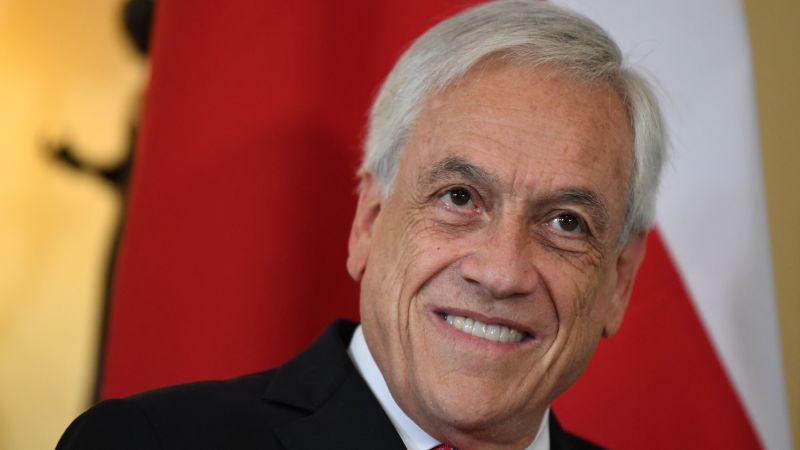
Sebastian Piñera, a billionaire businessman and former president of Chile, died in a helicopter crash on Tuesday. He served two terms as president from 2014 to 2022 and faced enormous protests during his time in office due to perceived disregard for the poor. Piñera was known for promoting economic growth and falling inflation during his first term, but also oversaw a rescue operation that saved the lives of all miners trapped underground for over ten weeks in 2010. He faced criticism from human rights groups due to major protests breaking out over lack of economic growth and lagging education systems in rural areas, as well as students leading sit-ins and marches against plans to hike fares on mass transit during his second term when he deployed troops under a state-of-emergency declaration. Piñera was impeached by the lower house of Congress in 2021 over allegations that he used his political influence in a copper mine deal involving family business interests, and also faced criticism for offshore financial dealings and tax havens from a cache of documents known as the Pandora Papers.

